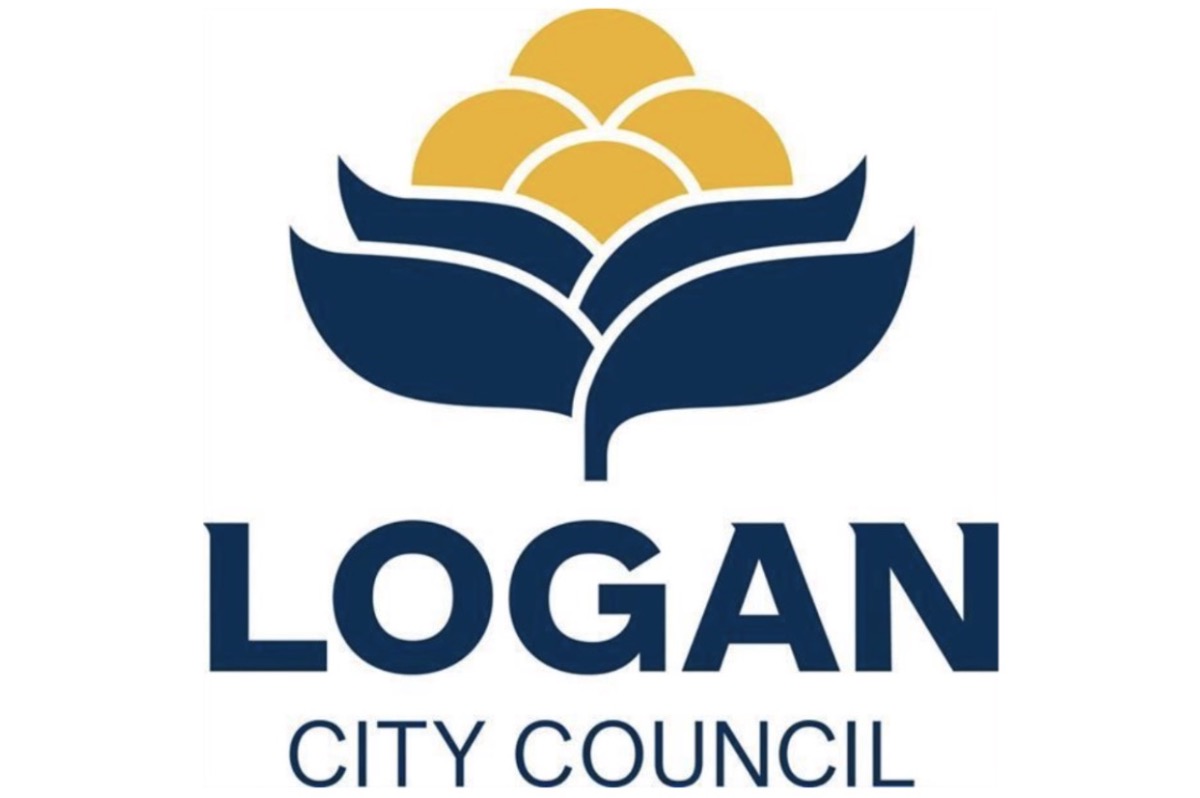A Resilient and Privacy-Preserving Platform for Automated Road Defect Detection and Asset Management
Project summary
Most local governments in Australia use manual methods to survey road surfaces for monitoring damages like cracks and potholes, and lodge visual evidence into a single machine. The current workflow is not only time-consuming but also vulnerable to cyber-attacks and data leak due to a single point of failure. We aim to collaborate with the Logan City Council and construct a resilient and privacy-preserving platform to monitor the functional performance of road networks efficiently. Deep defect detection algorithms and distributed databases will be deployed into a Kubernetes cluster, wherein the detection of both risks and threats will be enabled.
Project description
Economic, social, and environmental sustainability and the livability of communities in Queensland depend on a system of transport infrastructure that is safe, accessible, reliable, and efficient. Transport infrastructure plays a key role in providing critical services, e.g., road condition surveys and pavement rehabilitation, to ensure people of all ages and mobility levels have access to a variety of convenient, safe, and attractive ways to travel. However, the transportation management systems used in most local governments in Australia are highly centralized and insecure, thus being easy targets for cyber-attacks and exposed to risks of personal data breaches. Specifically, the current workflow of assessing and maintaining road and footpath conditions relies on manually lodging the observed defects during road surveys to the Council’s central system, which is not as reliable due to the following challenges:
Challenge 1 Privacy Breach. The raw data collected by human inspectors may contain personally identifiable information (PII) such as the faces of pedestrians, displayed vehicle registration plates, and the nameplate of a family residence. As the curated data may be shared across Council departments, it presents a risk of invading residents’ privacy and enabling identity fraud.
Challenge 2 Insider Threats. Due to the high cost (~$400k per survey) and time-consuming nature of manually screening road conditions, city councils are prevented from conducting frequent surveys to keep the data up to date. Without data updates, it is challenging to correct the erroneous data generated by careless or intentional administrative errors.
Challenge 3 Vulnerable Architecture. Most transport services are deployed in a star architecture, where communications flow from network nodes to a central hub. This design makes the hub and the database an easy target for cyber-attacks such as spoofing and tempering, which easily leads to a single point of failure (SPOF).
To address the challenges mentioned above, this project is comprised of the following tasks -
Task 1 De-identification Preprocessing. To improve digital privacy and help Council comply with general data protection regulation (GDPR), we will develop a deep video anonymizer algorithm deployed into the mobile device, which aims to detect and blur pedestrian faces and license plates before sending the raw data to the hub.
Task 2 Responsive Detection. To minimize human involvement, the camera-equipped road sweeping trucks are sent to collect street videos every week with no inspection required. With large-scale monitoring data flowing in, the proposed deep detection model can produce up-to-date and reliable predictions for the type, shape and location of road defects, thereby increasing the system robustness. The potential insider threats can be mitigated, as the records in databases are refreshed weekly and overwritten automatically.
Task 3 Kubernetes Clusters. To enhance the security of the central system, we will reshape the architecture in a distributed manner with the aid of Kubernetes. Different services and the associated database will have multiple replicas across multiple machines, which avoids SPOF and eases the data recovery. The treat modeling (the STRIDE model) in K8s helps identify the vulnerability so that we can put measures in place to prevent and mitigate them.





